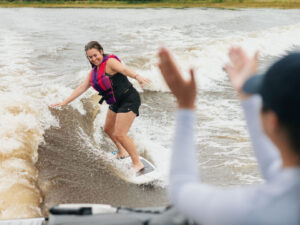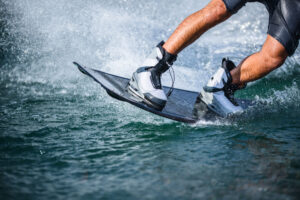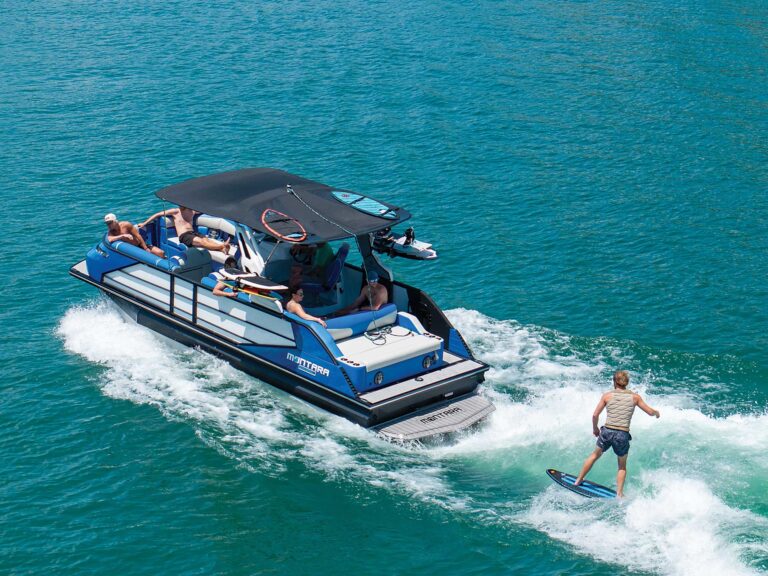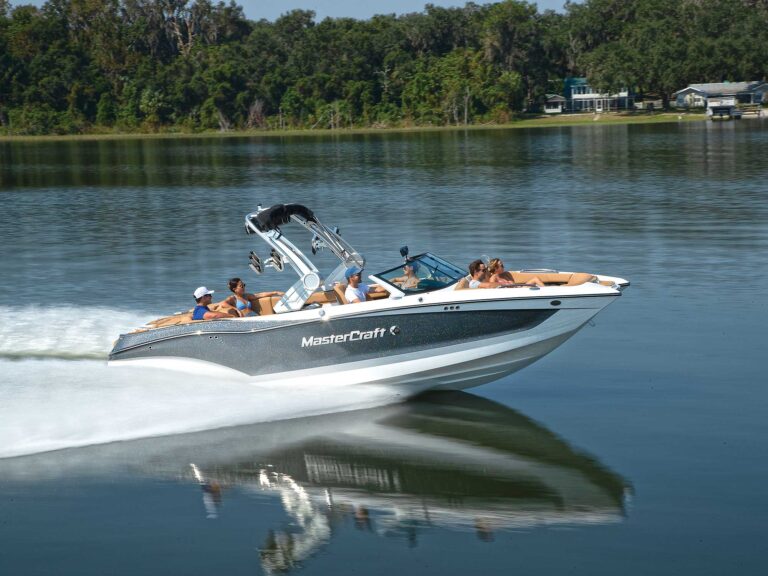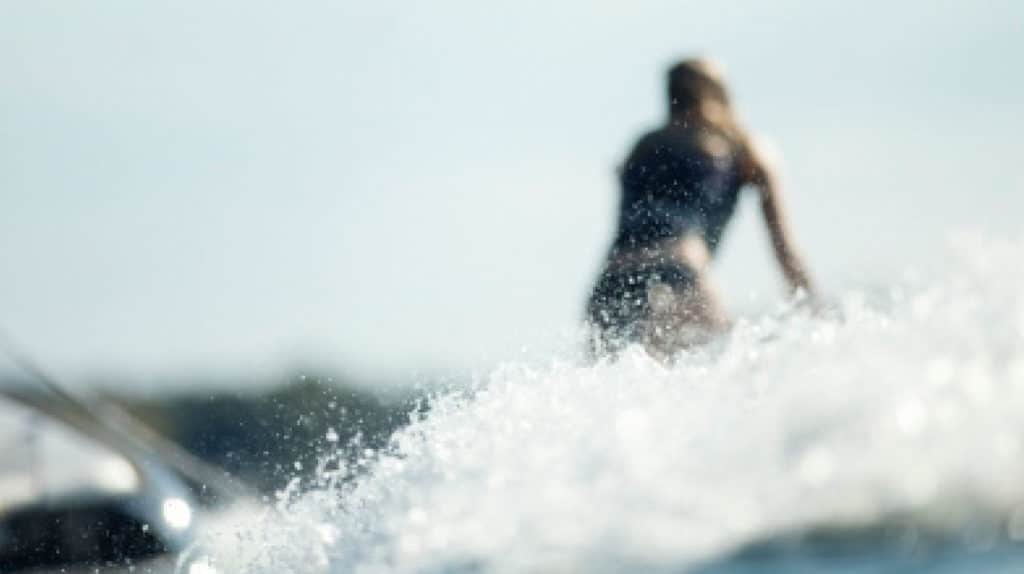
It goes without saying that being the captain of a boat comes with great responsibility, especially if you’re at the wheel while towing a rider. But as wakesurfing—and with it the number of wakesurf-specific boats on the water—has grown during the past decade, so has the number of incidents that could have been avoided if captains had been more aware of not only local rules and laws but exercised common-sense cordiality.
Unfortunately, these incidents across the country have had a lasting, negative impact on wakesurfing’s image—and the lifestyle we love is threatened by everything from local lake restrictions to statewide bans of ballasted boats. You read that right, at the time of this magazine’s deadline, New Hampshire’s state legislature has formed a committee to research the effects of ballasted boats on the state’s lakes. In essence, there are state legislators that would prefer to ban our activities.
Any type of ban on ballasted boats, be it at one lake or across an entire state, would set an alarming precedent with unimaginable consequences for our sports and industries. And New Hampshire isn’t alone. Several other states are dealing with issues that could lead to significant regulations or outright bans.
Simply put, now is the time to be proactive in protecting our waterways and sports—and be responsible, reasonable and respectful boaters.
For years, in an effort to curb unnecessary on-water problems, the Water Sports Industry Association has actively promoted safe and responsible boating. The “Wake Responsibly” campaign is a simple, three-step calling card for all of us who wakesurf and wakeboard.
1. Stay at least 200 feet away
While your lake might have a smaller restriction, make the effort to keep away from properties/docks or other boats near shore.
2. Keep music at reasonable levels
Sound travels over water. If your rider can feel the bass from the boat at 9 a.m., nearby homeowners and other boaters can hear it too.
3. Minimize repetitive passes
Don’t stay in the same spot all day, especially if you’re running along docks or home properties. Once you’ve run a line for a while, move on to another area.
There are many other measures a captain can take to be a courteous, responsible boater—not to mention a law-abiding one—but these three are good places to start, and would help mitigate many problems that arise on the water today. We encourage all of you to heed this advice and think more about your boat and crew’s actions, and the subsequent reactions, this summer.
For more boat safety information, visit:
wsia.net
Boatus.org (Free online courses nationwide)
